Concept:3
Self Esteem
What is self esteem? It’s an idea of one’s self-worth. Do you feel good about yourself or bad? about how you look? how you are? where you live? what you wear? The feeling good is the intrinsic part, the latter is extrinsic meaning it’s how you perceive others view you.
The renowned psychologist, Marc Brackett, Director of Yale center for emotional intelligence, uses a visual to explain this. It’s called the” mood meter”.
This emotional intelligence is established in the early years of life. Early on a child must know that I am worthy, I matter, I make a difference. Self esteem is like an emotional immune system to be nourished and fed properly by the parents or caregivers from an early age. Observing and meeting the child where the child is developmentally, with loving observation and a non-judgmental view is a good way to start. Therefore, to guide a child with gentle words, knowing your own thresholds, knowledge about the development of a child’s brain at different ages and stages of growth, is very useful in developing a good self-esteem. It does not mean you don’t say no but the words to redirect can be very different. It takes training and practice to develop these habits of gentleness in ourselves first, it requires true presence, to get down to a child’s level, make an eye contact, Basically showing respect, no matter how old Is the child. The famous educators , including Maria Montessori, John Dewey, Jean Piaget, Paulo Freire, Loris Malaguzzi, founders of different approach of learning like Montessori, Highscope and Reggio Emelia all emphasize on self-esteem. We can learn a great deal from these influential educators.
About our
Concepts
Know Yourself
The Brain
Self Esteem
Power of Play
Guidance and Disclipline
Nutrition
MIndfulness Yoga For Children
Communication
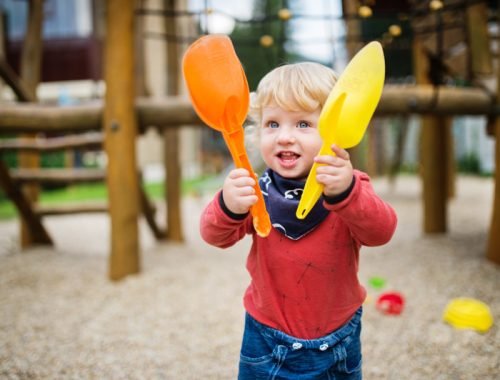
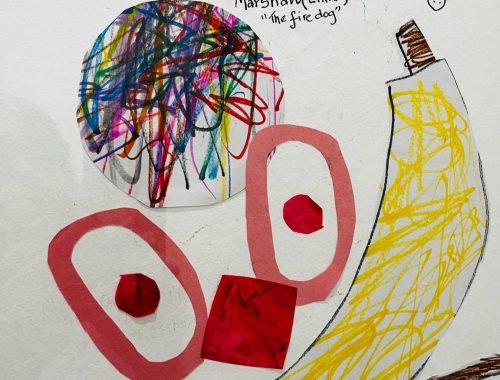
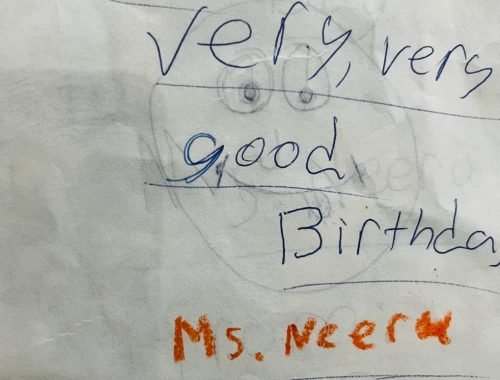

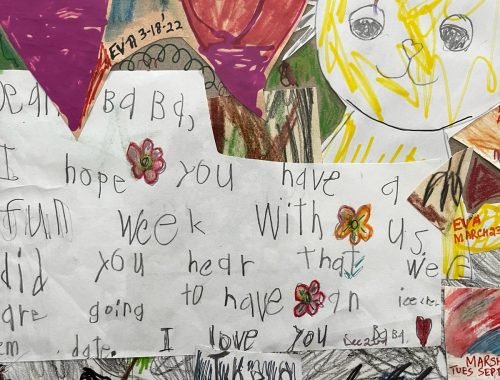




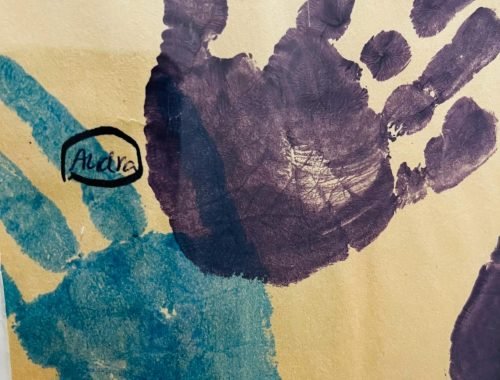


The
FAQ
This is a great question. Knowing your own thresholds is a great place to start. Best to introduce some solitary play and self engagement to the child early on, when it’s only supervisory and not interactive for a few moments throughout the day & you can have some mental rest it will make a huge difference.
Self esteem and self worth is the way. A child who is made to feel good about himself at home will deal well if faced with social pressures and obstacles no matter what.
Choice of words and authoritative way of saying works well. Make an eye contact, go to the child’s level and clearly state why and what you expect. Golden rule is say less, say right.
Play is a powerful learning tool for young children that is why I would say play materials( toys) in the following categories are so essential, mastery and learning, social and fantasy, exploration and music, art and movement.
I would say get informed about the developing brain,to understand where your child is developmentally and set reasonable expectations and boundaries.
Please don’t struggle Respect the taste buds is a golden rule. To some broccoli or green beans taste bitter. Most children outgrow aversion for different kinds of food.
your feedback
Testimonials
MINDFUL PARENTING
CONTENT
